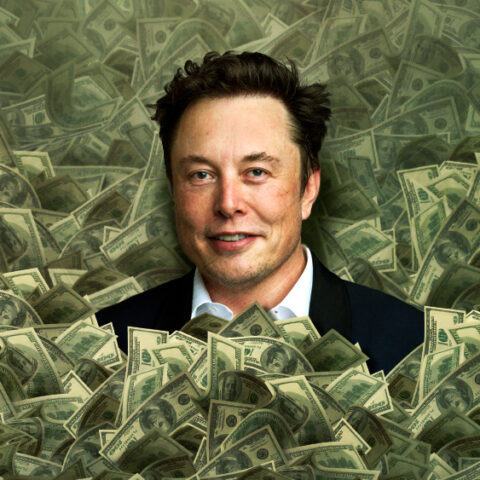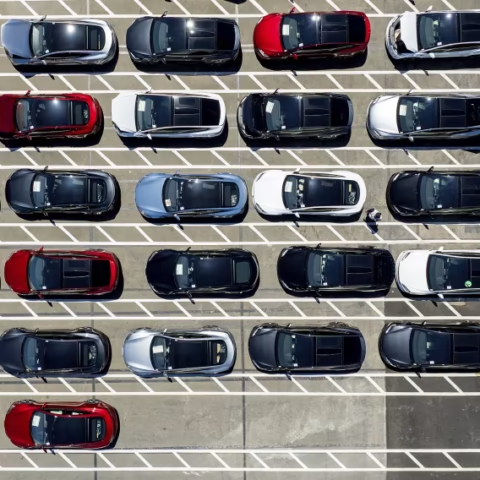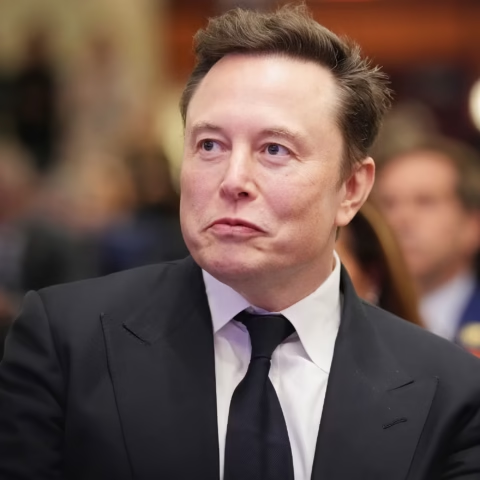The dynamic management of Tesla, in its sales staff in China, operating on real-time tactics, is positioning its stores ahead of dealerships offering brands like BYD, propelling Tesla’s market presence, according to sources familiar with the matter.
In the face of competition in the world’s largest auto market, Tesla’s approach, although providing sales superiority at its stores, has limitations compared to the broad expansion strategies of other players.
Tesla’s Sales Performance and Strategy:
In 2023, Tesla saw robust sales growth in China, marking a share of 12% compared to BYD’s 27%. Despite Tesla’s high throughput per store, the company’s growth potential faces constraints, particularly when juxtaposed with BYD’s upward trajectory.
Tesla’s relentless hourly monitoring of sales staff efficiency, offering high base salaries and incentives, has empowered the company to influence demand and pricing strategies.
Tailored Sales Models:
Unlike Tesla’s direct sales model, BYD adopts a more conventional dealership approach, boasting a vast network of 3,400 stores.
It has incentivized its dealerships to meet ambitious global sales targets but has not provided further details on its strategy.
Challenges and Future Prospects:
Tesla’s success with its direct sales model, while unparalleled in efficiency, remains difficult to replicate due to its technological leadership and reputation.
As Tesla navigates lower-tier markets and adjusts its model lineup, the sustainability of its efficiency is uncertain, especially against the backdrop of Chinese brands dominating these markets.
Expansion and Competitive Dynamics:
Tesla has expanded in second-tier cities while closing stores in other areas. However, increased competition and capacity constraints, especially in production facilities like its Shanghai factory, pose challenges for Tesla to surpass competitors like BYD in overall sales.
Analysts foresee Tesla focusing on margin improvement in 2024, including price hikes and penetration into lower-tier cities in China, while rivals aim to price their new EVs competitively.
Tesla’s global capacity, its plans for factory expansion, and BYD’s aggressive production strategy will significantly impact the competitive landscape in the EV market.




















